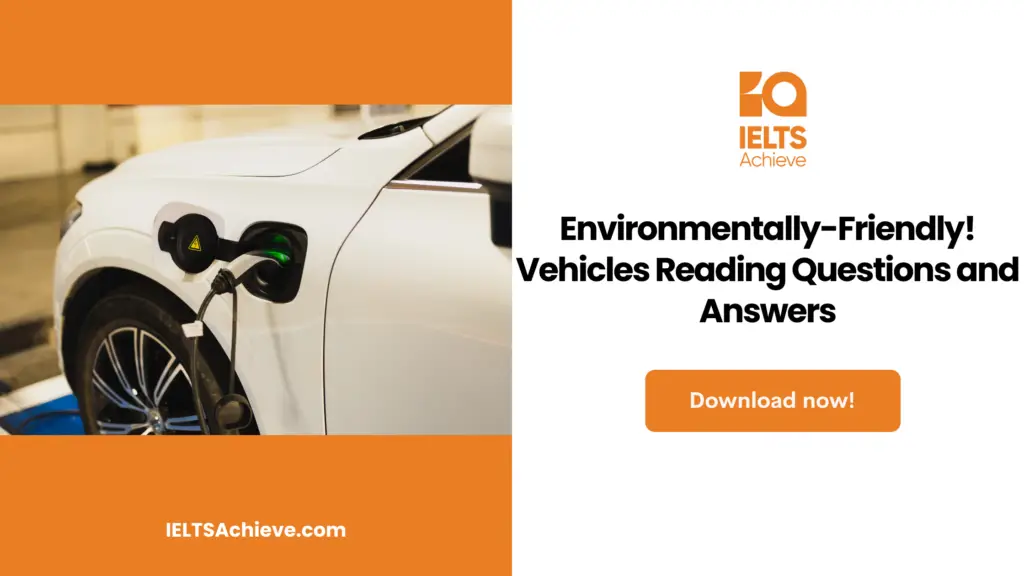The Blog post contains the following IELTS Reading Questions:
- IELTS Reading Matching Headings
- IELTS Reading Summary Completion
- IELTS Reading Multiple Choice Questions
Stay informed and prepared for success – Explore our comprehensive Reading Test Info page to get valuable insights, exam format details, and expert tips for mastering the IELTS Reading section.
IELTS reading passage – Wealth In A Cold Climate

Wealth in a cold climate
When inspiration struck, Dr. William Masters was reading a book about insects. “Masters recounts an account of the major yellow fever outbreak that struck Philadelphia in 1793.” “Until the first frost, this plague devastated the city.” Fortunately, most insects were killed due to the extreme weather condition, saving Philadelphia.
Masters pondered, why not the historical fortunes of nations, if the weather may be the key to a city’s fortunes? And might ice explain one of the greatest economic puzzles of all time? Why are virtually all developed and affluent nations situated at latitudes above 40 degrees? After two years of searching, he feels he has solved the problem. According to a study by Margaret McMillan and Masters, agricultural economists from Purdue University in Indiana and Tufts University in Boston, annual frosts are one of the distinguishing traits between prosperous and impoverished nations. The Journal of Economic Growth published its findings this month. The two hypothesize that cold snaps have two major benefits: they freeze pests that might otherwise damage crops and disease-carrying organisms such as mosquitoes. As a result, there is an ample labor force and agriculture.
The academics used two pieces of information. The first was the average income around the world, and the second was weather data from the University of East Anglia. They found a strange connection between the two sets. Most of the time, countries that have five or more cold days per month are rich, while countries that have fewer than five are poor. Scientists say that the five-day period is very important; it could be the very least amount of time needed to get rid of pests from the soil. For example, Bolivia is a small country that isn’t growing at all, while Finland is also small but growing quickly. It could be because of the weather. Farmers really benefit a lot from having few touches of frost. Cold weather slows down the breakdown of plant and animal matter in the soil, which makes it richer. Frosts help build up moisture in the ground for spring, so spring rains aren’t as important. Chills kill or put insects to sleep. It’s not always true that “cold equals rich.” Because of their good business locations, Hong Kong and Singapore are both wealthy tropical cities. In a similar way, not all European countries are rich as the countries that used to be part of the Soviet Union, and their economic potential was ruined by politics.
According to Masters, the environment will never be the decisive factor since the success of nations is too complicated to be traced to any one component. He thinks that climate, among other things like institutions (including governments) and access to trade routes, contributes to a country’s prosperity. Historically, economists have credited institutions like laws and property rights with having the largest effect on a country’s economy, as Masters argues. In this view, order inevitably led to success. But he adds that even nation-states with institutions have failed to resolve some problems. In my view, more prosperous countries also tend to have more stable governments. Both economic growth and the consolidation of political institutions benefit from a climate that is conducive to human life.
He is certain that this does not indicate that tropical developing nations have no possibility of economic progress. Instead, industrialized nations should modify their attitude toward overseas aid. As an alternative to improving governance, funds might be given to the creation of agricultural and disease-controlling technology. Masters uses India as an example, stating, “Parts of India have been supplied with irrigation, resulting in a rise in agricultural production and an improvement in health.” Providing immunizations for tropical diseases and developing tropically-adapted crop varieties will aid in breaking the cycle of poverty.
Others have looked at this gap between rich and poor countries, and they have offered anthropological, climatological, and zoological theories for why countries with a more moderate climate tend to be the wealthiest. People who live in cold climates, Aristotle said in 350 B.C., “are full of spirit.” The continent of Eurasia runs east to west, whereas Africa and the Americas run north to south, as noted by Jared Diamond, a professor at the University of California, Los Angeles, and author of Guns, Germs, and Steel. Because of the similar climates in different European latitudes, agricultural practices may spread swiftly. The spread of einkorn wheat, one of the oldest cultivated varieties, took only a few generations to make its way from the Middle East to Europe, whereas the introduction of maize from Mexico to the eastern United States took twice as long. According to Diamond, the spread of the wheel and writing would have been hastened by such movement along similar latitudes throughout Eurasia. Domesticated animals thrived there as well, giving locals access to a steady supply of meat, wool, and horse-drawn plowing. The economy of Eurasia was bound for success given these factors.
In the same way, US economists John Gallup and Jeffrey Sachs have found interesting links between geography and a country’s wealth. They say that almost every country in the tropical zone (23 degrees north or south of the equator) is doing badly economically. In an article for the Harvard International Review, they said that development “certainly seems to favor temperate-zone countries, especially those in the northern hemisphere, and those that have avoided both socialism and the horrors of war.” Masters, on the other hand, warns against the idea of geographical determinism, which says that tropical countries are beyond hope: “Scientific and technical research can help improve health care for people and farming,” he says. Singapore might not be as wealthy if it didn’t have air conditioning.
Unlock your full potential in the IELTS Reading section – Visit our IELTS Reading Practice Question Answer page now!
Recommended Questions:
Renewable Energy IELTS Reading Question with Answer
Wealth In A Cold Climate IELTS Reading Questions
Questions 1-8
Reading passage sections A to G
Select the most appropriate heading for A to G paragraphs from the list of headings below.Write the most suitable number i-x in boxes 1-5 on your answer sheet.
List of Headings
- The positive relationship between climate and prosperity
- Other factors influencing income besides climate
- The motive to read a book
- The findings of other studies do not rule out extraordinary situations.
- a number of similarities between Eurasia and Africa
- Plants and people both benefit from low temperatures.
- the institution’s significance in terms of tradition
- The expansion of plants in Europe, Asia, and other places
- How to get help the right way
- ambiguity and exceptions
- Section A
- Section B
- Section C
- Section D
- Section E
- Section F
- Section G
- Section H
Ready to conquer Matching Headings questions? Click here to learn essential tips and techniques for matching headings accurately to paragraphs or sections in the IELTS Reading section.
Questions 8-10
Complete the sentences below. Choose NO MORE THAN TWO WORDS AND/OR A NUMBERS from the passage for each answer.
8. Dr. William Master read in a book that an……………………….. that struck an American city in the past was put an end to by a frost. 9. Academics discovered a link between country income and climate, as seen in the wealthy but small country of ………….. 10. Despite its wonderful surroundings and environment, one nation still needs to enhance both of its ………………………. to enjoy long-term prosperity.
Enhance your sentence completion skills in the IELTS Reading section. Click here to access our comprehensive guide and learn effective strategies for filling in missing words or phrases in sentences.
Questions 8-10
Complete the summary below by choosing NO MORE THAN TWO WORDS from the passage for each answer. Write your answers in boxes 11-13 in the answer sheet.
Due to similar weather patterns across the continent of 11…………….., crops like 12…………….. are likely to spread more quickly than from South America to the North. Other experts pointed out that even though geographic considerations are significant, a tropical nation like 13……………………. nevertheless grew wealthy thanks to technological advances.
Boost your performance in Summary, Notes, Table, and Flowchart Completion tasks. Click here to explore our detailed guide and learn how to effectively complete summaries, notes, tables, and flowcharts in the IELTS Reading section.
Unlock your full potential in the IELTS Reading section – Visit our IELTS Reading Practice Question Answer page now!
Recommended Questions:
Renewable Energy IELTS Reading Question with Answer
Wealth in a Cold Climate Reading Answers
1. iii
2. vi
3. i
4. ii
5. ix
6. v
7. iv
8. YELLOW RIVER
9. FINLAND
10. GOVERNING INSTITUTIONS
11. EUROPE
12. EINKORN WHEAT
13. SINGAPORE

We hope you found this post useful in helping you to study for the IELTS Test. If you have any questions please let us know in the comments below or on the Facebook page.
The best way to keep up to date with posts like this is to like us on Facebook, then follow us on Instagram and Pinterest. If you need help preparing for the IELTS Test, join the IELTS Achieve Academy and see how we can assist you to achieve your desired band score. We offer an essay correction service, mock exams and online courses.
